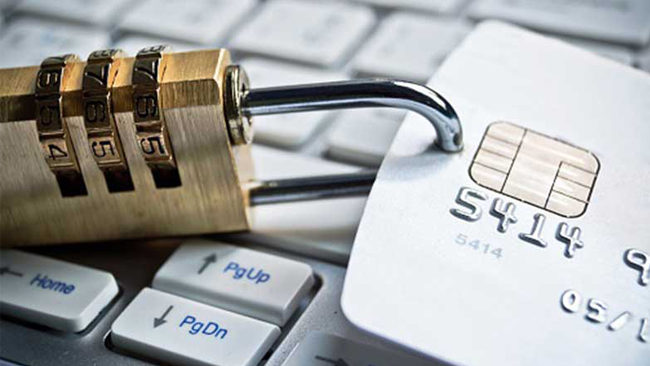In today’s digital age, where technology permeates almost every aspect of our lives, the protection of personal and sensitive information has become more crucial than ever. The increasing prevalence of cyber threats and data breaches emphasizes the importance of implementing robust cybersecurity measures. In this blog post, we will explore key strategies and best practices to safeguard your information in the digital realm.
1. Use Strong and Unique Passwords:
One of the fundamental steps to enhance your cybersecurity is to create strong and unique passwords. Avoid using easily guessable passwords or common combinations like “123456” or “password.” Opt for lengthy passwords that include a mix of uppercase and lowercase letters, numbers, and special characters. Furthermore, it’s essential to use different passwords for each online account to prevent a domino effect in case one account is compromised.
2. Enable Two-Factor Authentication (2FA):
Two-factor authentication provides an additional layer of security by requiring a second form of verification, typically a unique code sent to your mobile device, along with your password. By enabling 2FA, you add an extra barrier that makes it significantly harder for hackers to access your accounts, even if they manage to obtain your password.
3. Keep Software and Devices Updated:
Regularly updating your software applications, operating systems, and devices is vital to protect against known vulnerabilities. Software updates often include security patches that address potential weaknesses that hackers could exploit. Enable automatic updates whenever possible, or periodically check for updates and install them promptly.
4. Be Cautious of Phishing Attempts:
Phishing is a common tactic used by cybercriminals to trick individuals into divulging their sensitive information. Be cautious of suspicious emails, messages, or phone calls that request personal information or login credentials. Look out for red flags like poor grammar, unexpected requests for urgent action, or email addresses that seem slightly off. When in doubt, verify the sender’s authenticity before clicking on any links or sharing sensitive data.
5. Secure Your Home Network:
Securing your home network is crucial to prevent unauthorized access to your Wi-Fi and connected devices. Set up a strong password for your Wi-Fi network, preferably using WPA2 or WPA3 encryption protocols. Additionally, change the default username and password of your router, disable remote management, and consider implementing a firewall to add an extra layer of protection.
6. Use Reputable Antivirus and Antimalware Software:
Installing reputable antivirus and antimalware software helps detect and remove malicious software from your devices. Ensure that these tools are up to date and regularly perform scans to identify any potential threats. This software acts as a safeguard against various types of malware, such as viruses, worms, and ransomware.
7. Regularly Back Up Your Data:
Backing up your important files and data is crucial in the event of a security breach or data loss. Create regular backups and store them securely, either on external hard drives or using cloud-based backup services. This practice ensures that you can restore your information even if it becomes compromised or inaccessible.
8. Exercise Caution with Public Wi-Fi:
Public Wi-Fi networks can be vulnerable to security breaches, making it easier for hackers to intercept your data. Exercise caution when accessing sensitive accounts or transmitting confidential information while connected to public Wi-Fi. If possible, use a virtual private network (VPN) to encrypt your internet connection and provide an additional layer of security.
9. Educate Yourself and Stay Informed:
Cybersecurity threats are constantly evolving, and it is essential to stay updated on the latest trends and best practices. Educate yourself on common cyber threats and regularly follow reputable sources for cybersecurity news and guidance. Share this knowledge with family, friends, and colleagues to create a culture of cybersecurity awareness.
10. Regularly Monitor Your Accounts:
Monitoring your financial and online accounts is crucial for detecting any suspicious activity promptly. Regularly review your account statements, transaction history, and credit reports to identify any unauthorized access or fraudulent transactions. If you notice any signs of compromise, report them immediately to the relevant service provider and take immediate action to secure your account.
Conclusion: In an era marked by an increasing number of cyber threats and data breaches, safeguarding your information is of paramount importance. By implementing the strategies and best practices outlined in this blog post, you can significantly enhance your cybersecurity posture and protect your personal and sensitive data in the digital age. Stay vigilant, stay informed, and stay secure!


